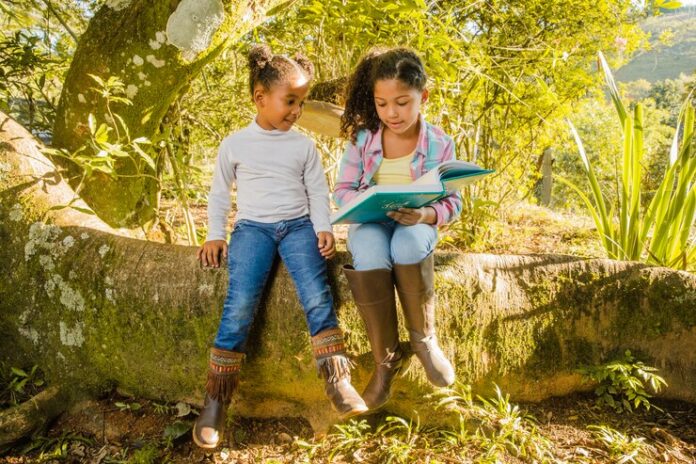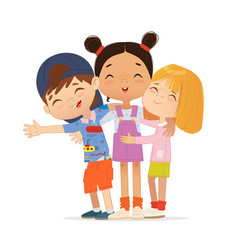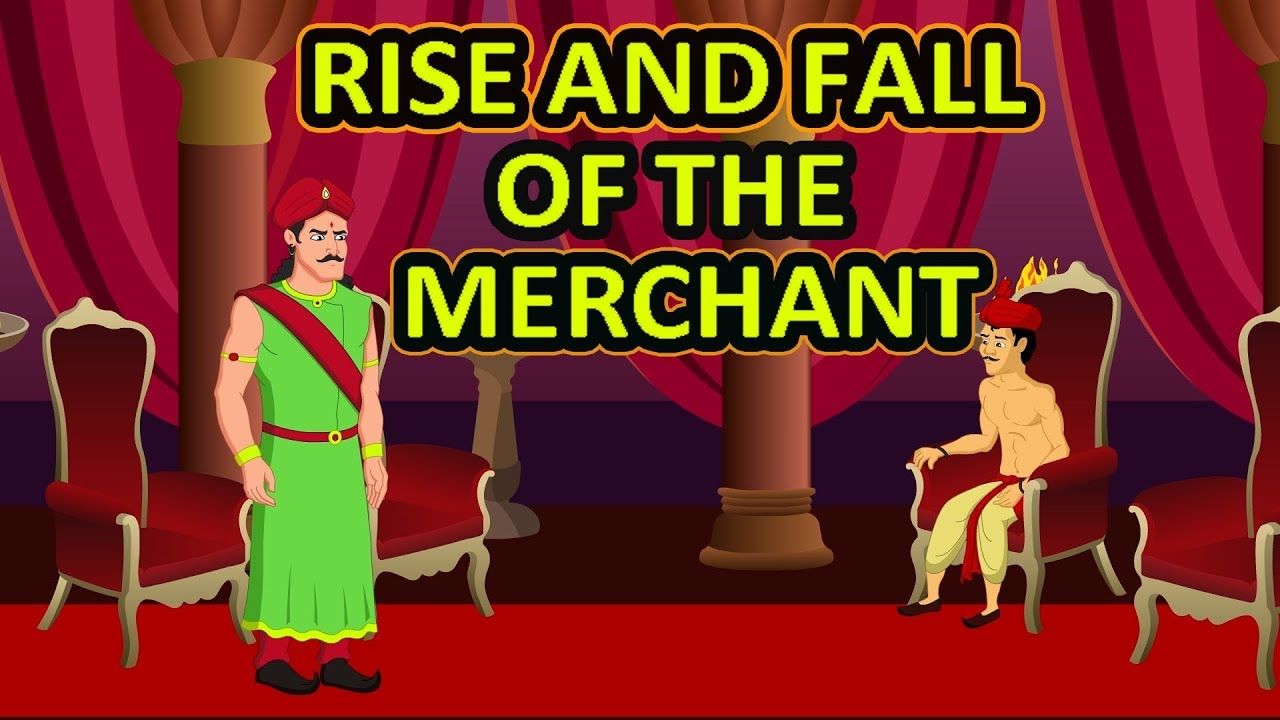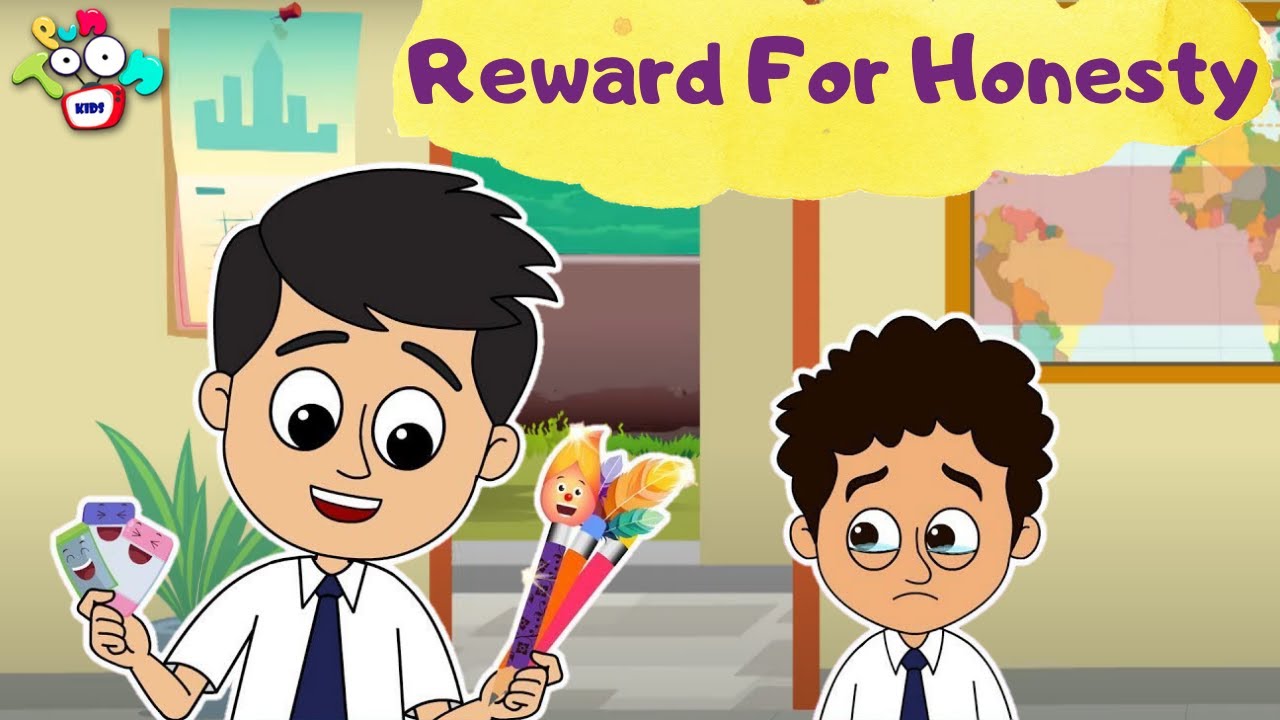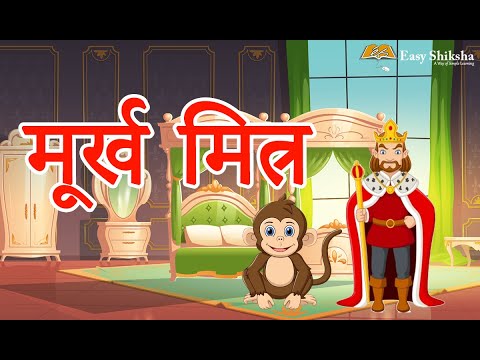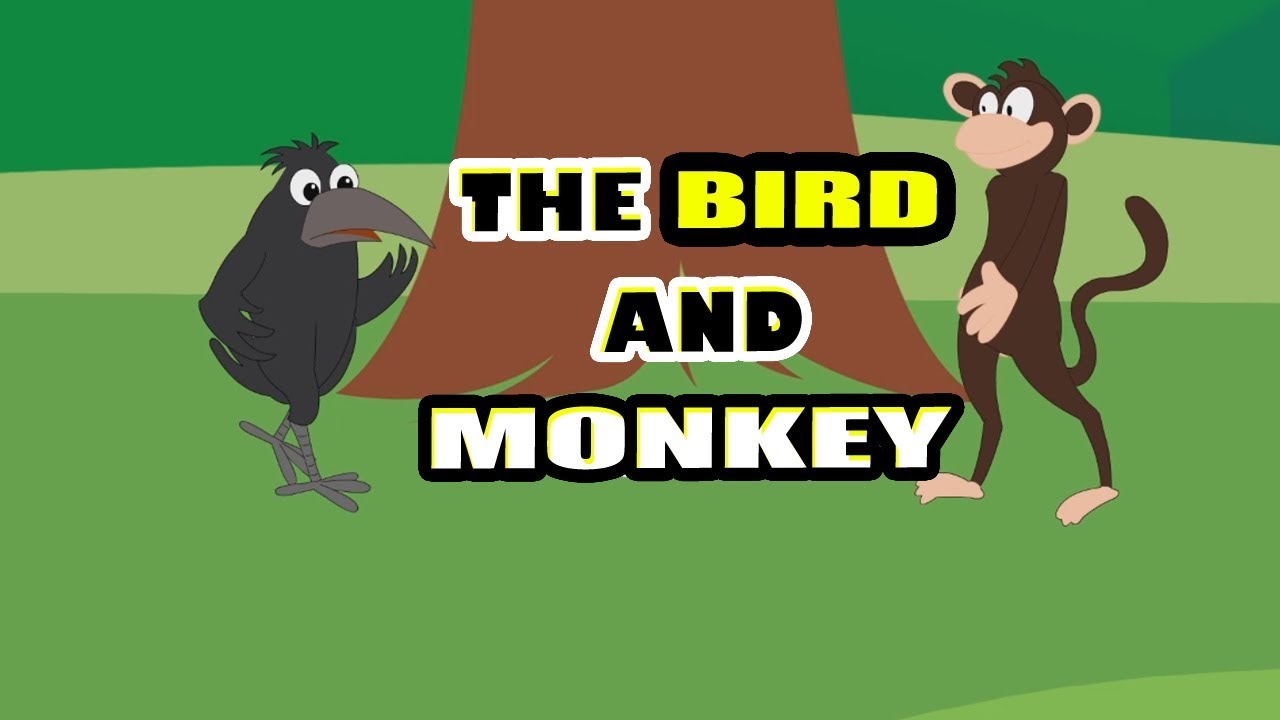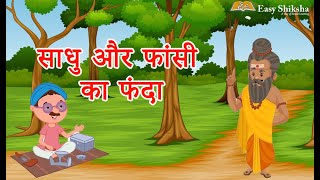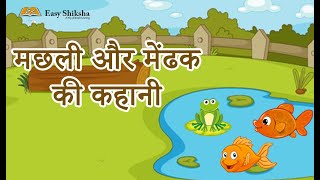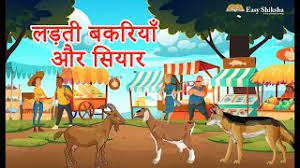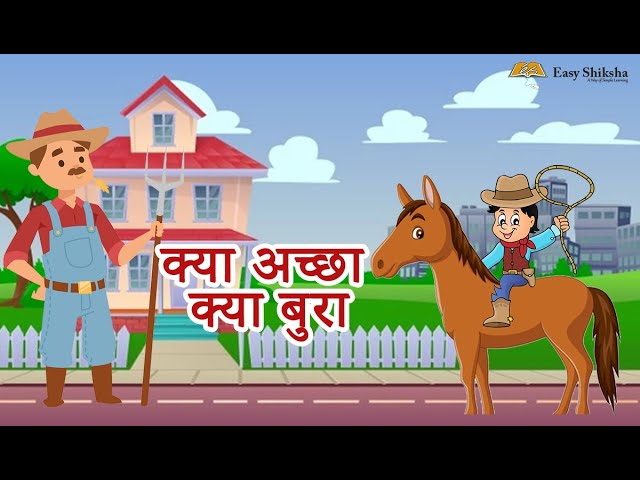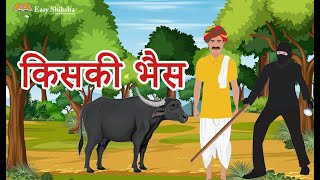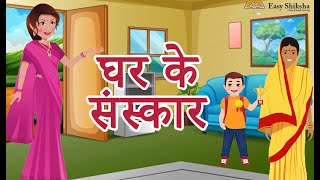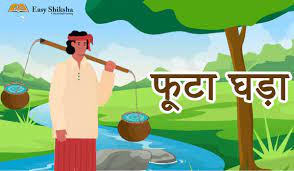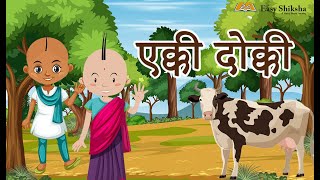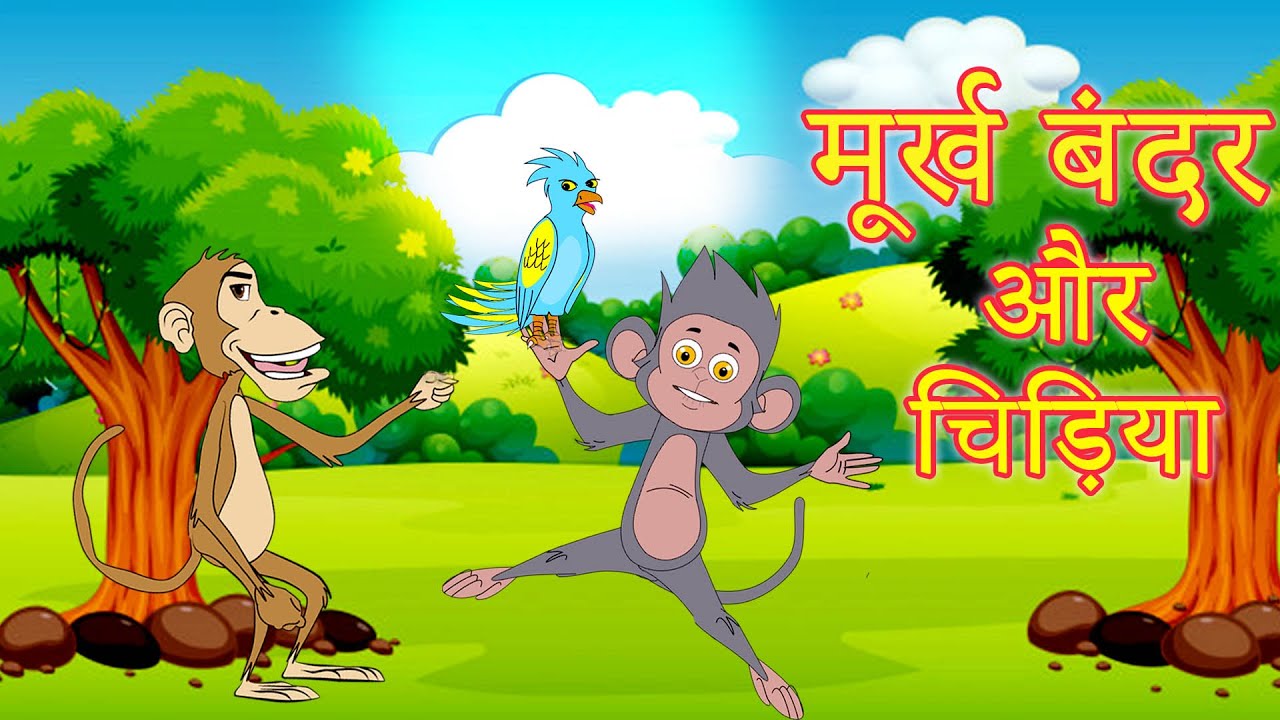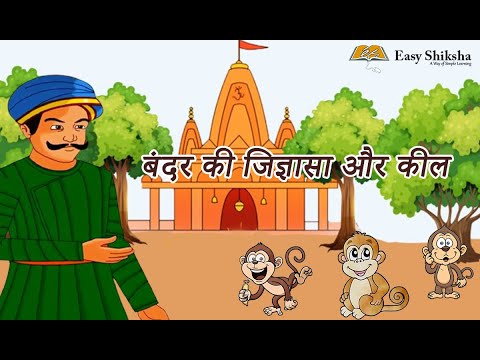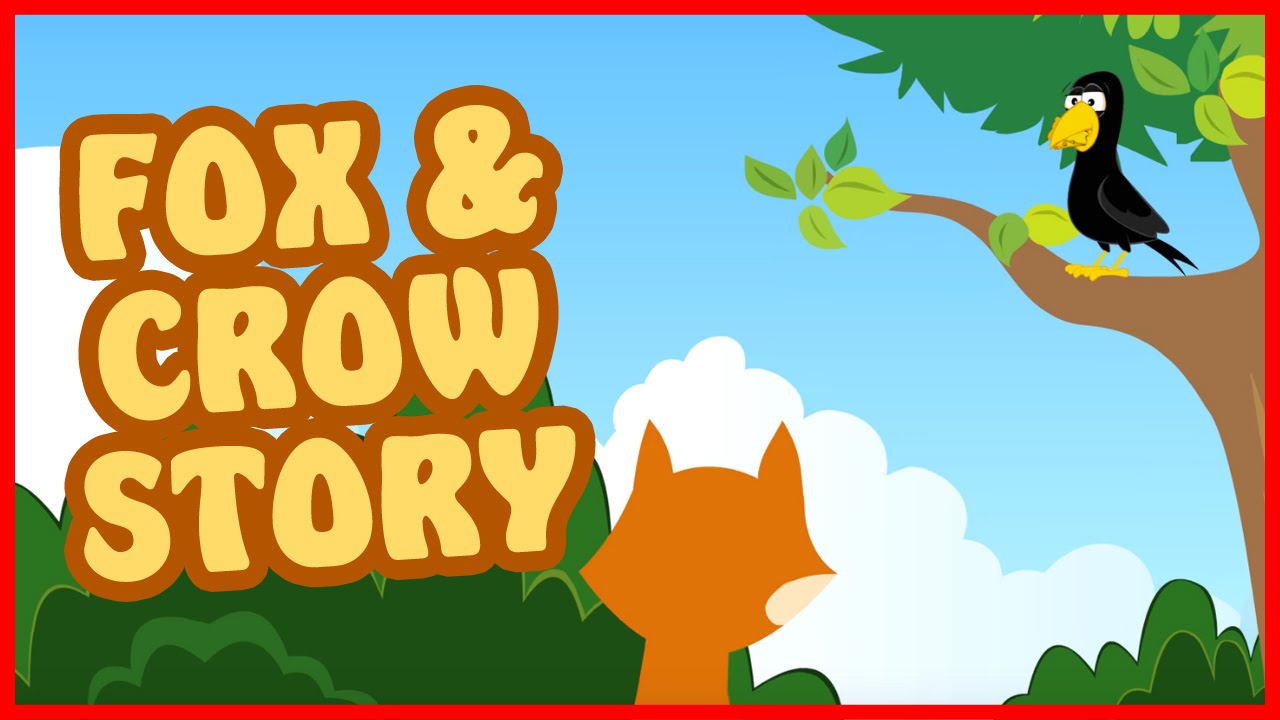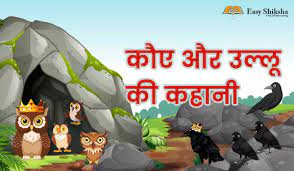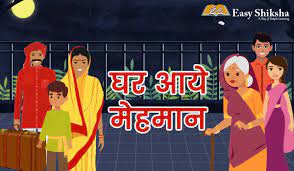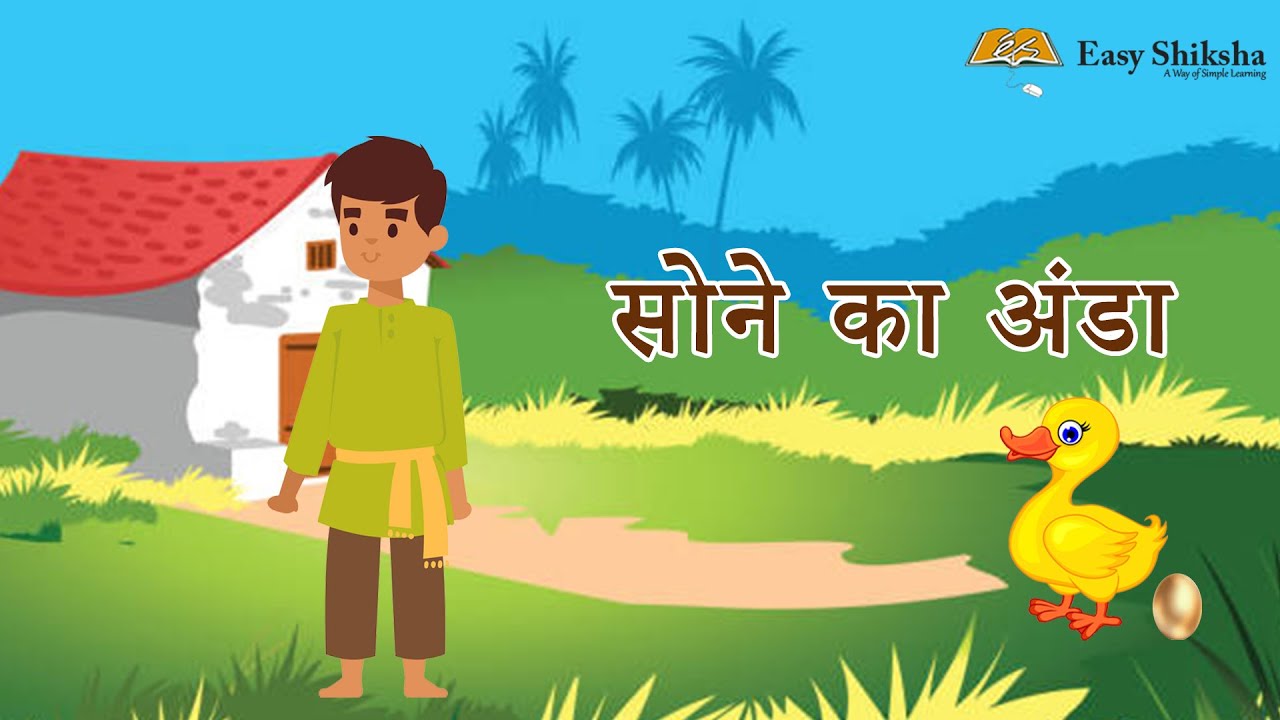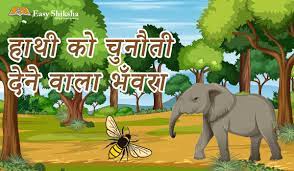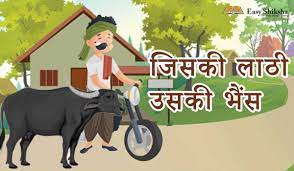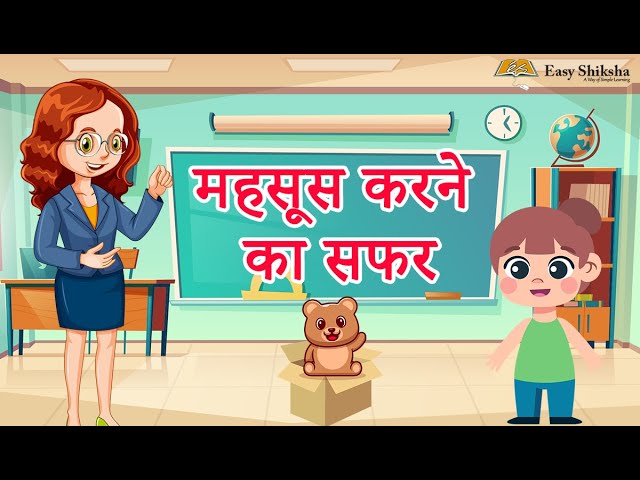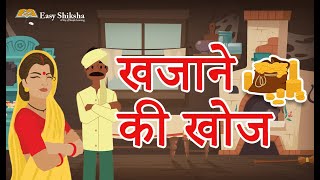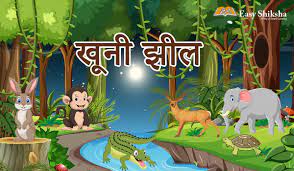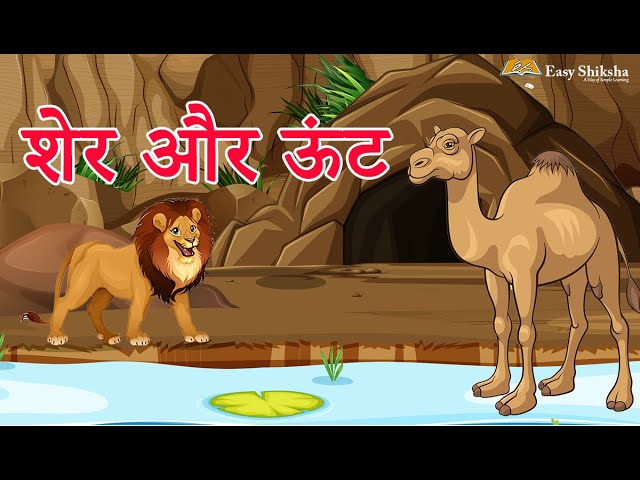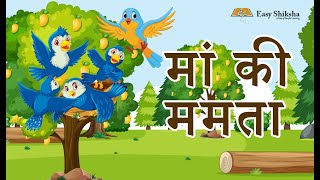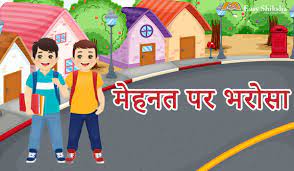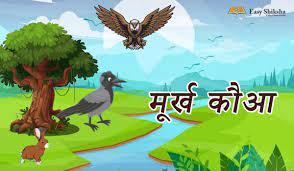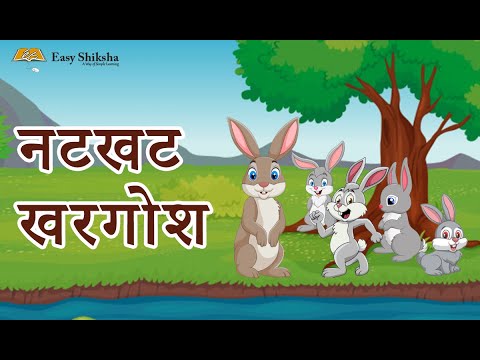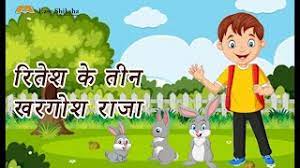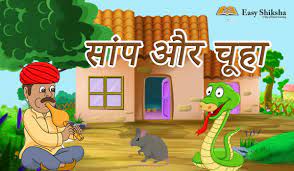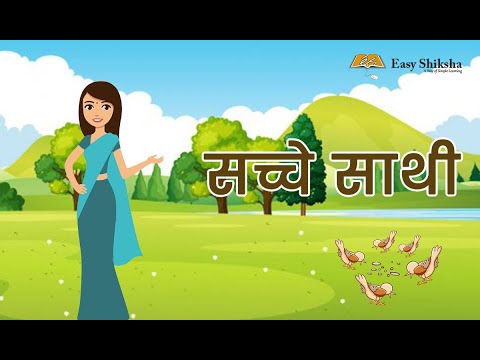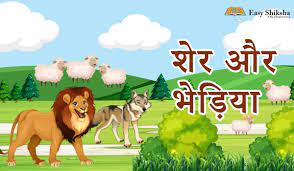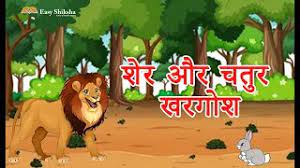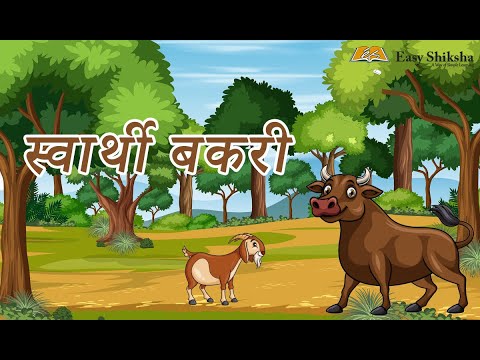In this fast-paced world, youngsters are constantly assaulted with information and distractions. As parents and educators, we must seek effective methods to help children not only learn but also internalize good habits and values. One of the most time-tested and engaging ways to teach children life lessons is through moral stories.
At EasyShiksha, we believe that moral stories are more than just entertainment for kids—they are valuable tools for shaping character, instilling values, and fostering positive behavior. These stories go beyond mere storytelling; they serve as a powerful educational tool to help kids develop essential life skills and habits.
The Power of Moral Stories
Moral stories have been a staple of childhood learning for generations. Whether passed down through books, folklore, or family traditions, these stories often contain valuable lessons about honesty, kindness, empathy, perseverance, and respect. The beauty of moral stories lies in their simplicity and ability to convey profound messages through relatable characters and situations.
EasyShiksha’s collection of moral stories for kids provides a platform where children can access fun, engaging narratives that impart key life lessons. Through these stories, children not only learn about different moral values but also start applying them in their everyday life.
How Moral Stories Foster Good Habits
1. Teaching Empathy and Kindness
Many moral stories focus on the importance of kindness and empathy. Characters in these stories often go out of their way to help others, and by witnessing these acts of kindness, children are encouraged to act similarly. Stories like “The Lion and the Mouse” demonstrate how even modest acts of kindness may have a long-term impact. When children hear such stories, they begin to understand the importance of being kind, considerate, and empathetic toward others.
EasyShiksha’s platform ensures that these stories are interactive, with discussions and activities that help children relate the stories to real-life situations. This approach nurtures a sense of empathy and compassion, encouraging children to treat their peers with respect and care.
2. Instilling Honesty and Integrity
Honesty is another critical value that moral stories help instill in children. Whether it’s a story about telling the truth, admitting mistakes, or the consequences of dishonesty, these narratives teach children the importance of integrity. A story like “The Boy Who Cried Wolf” serves as a cautionary tale, helping children understand the importance of telling the truth and the negative effects of lying.
By engaging with these types of stories, children are not only entertained but also gain a deep understanding of moral responsibility. The lessons from these stories become ingrained in their minds, guiding their actions and choices.
3. Promoting Responsibility and Hard Work
A common theme in many moral stories is the value of hard work, perseverance, and taking responsibility for one’s actions. Stories like “The Tortoise and the Hare” teach children the importance of patience and perseverance, demonstrating that slow and steady wins the race. These stories help children understand that success comes not from shortcuts but from consistent effort and dedication.
Learning these lessons helps youngsters build habits of responsibility, resilience, and a strong work ethic. EasyShiksha’s moral stories not only provide narratives but also activities that encourage children to apply these lessons in their daily lives. This promotes a positive mindset and an understanding that success requires effort, time, and discipline.
4. Encouraging Respect for Nature and Others
Many moral stories feature animals, nature, and human interactions that teach children to respect the environment and others around them. These stories help children develop an appreciation for nature, diversity, and the importance of caring for the world they live in. For example, a story like “The Crow and the Pitcher” can inspire children to think critically and respect the resourcefulness of nature.
Teaching respect for nature and others helps children develop responsible habits, such as taking care of the environment, showing gratitude for the resources they have, and respecting different cultures and perspectives.
5. Building Strong Social Skills
Moral stories also help children develop crucial social skills such as cooperation, sharing, and conflict resolution. Stories that emphasize teamwork and mutual respect, like “The Ant and the Dove”, demonstrate how working together can solve problems and lead to positive outcomes. These stories encourage children to value collaboration, respect differing opinions, and build friendships based on trust and mutual understanding.
What's New in Free Kids Learning?

Educational Games
Educational games are games explicitly designed for educational purposes with incidental or secondary educational value.
Click to Learn
Educational Video
Educational Videos increase student engagement in online classes, which helps boost their achievement.
Click to Learn
Worksheets
Worksheets are an essential part of a kid's learning process. It provides them to test their Learning and involve them in regularpractice.
Click to Learn
Questions
Kids cherish inquiring questions and their consistent 'Whys, How's, Who's are sufficient to drive indeed.
Click to Learn
Stories
Stories are the best way to develop a child's imagination by introducing new ideas into their world.
Click to Learn
Poems
Poems are perfect for young children to enhance their vocabulary and read skills. they may think poetry is incredible!
Click to LearnThe Role of Interactive Learning in Moral Stories
While traditional storytelling can be impactful, EasyShiksha enhances the experience by integrating interactive elements that further engage children and reinforce the lessons learned. After reading a story, children can participate in quizzes, discussions, and activities that promote critical thinking and application of the lessons.
Interactive elements such as these help children internalize the moral values in the story and apply them to real-life situations. For example, after reading a story about kindness, children might be asked to share an example of a time they showed kindness or come up with ways to help others in their community. These activities help cement the values taught through the story and ensure that children develop good habits that last a lifetime.
FAQ: Frequently Asked Questions
Q1. Why are moral stories important for kids’ learning?
Moral stories are essential for kids learning as they teach important life lessons, such as kindness, honesty, and responsibility. These stories help kids understand values and guide their behavior, creating a foundation for good habits and positive decision-making.
Q2. How can moral stories help children develop good habits?
Moral stories help children develop good habits by showcasing characters who demonstrate positive behaviors. Kids learn the importance of values like discipline, hard work, and empathy, which can translate into better habits in their day-to-day lives.
Q3. Can moral stories improve a child’s social skills and learning?
Yes, moral stories significantly enhance a child’s social skills and learning by illustrating cooperation, respect, and conflict resolution. Kids can learn how to interact positively with others, fostering emotional intelligence and improving relationships.
Q4. How do interactive moral stories enhance kids’ learning?
Interactive moral stories engage children through activities like discussions, role-playing, and quizzes, making the learning process enjoyable and effective. These activities help children understand the story’s lessons in depth and apply them in real life, reinforcing good habits.
Read Also: Building Confidence in Kids: Motivational Stories That Inspire
Get Courses: Political Science Course
Conclusion
Moral stories are not just a fun way to entertain children—they are tools for shaping character and promoting good habits. Through stories that teach empathy, honesty, hard work, responsibility, and respect, children are equipped with essential life skills that serve them well as they grow.
EasyShiksha’s collection of moral stories for kids makes learning these values an enjoyable and educational experience. By using these stories, parents and educators can foster positive habits and help children develop into kind, responsible, and thoughtful individuals.
Incorporating moral stories into your child’s daily routine can be an effective way to reinforce important lessons and nurture good habits that will serve them for years to come. Visit EasyShiksha.com to explore a wide range of moral stories that are perfect for shaping your child’s character and helping them grow into well-rounded individuals.





































